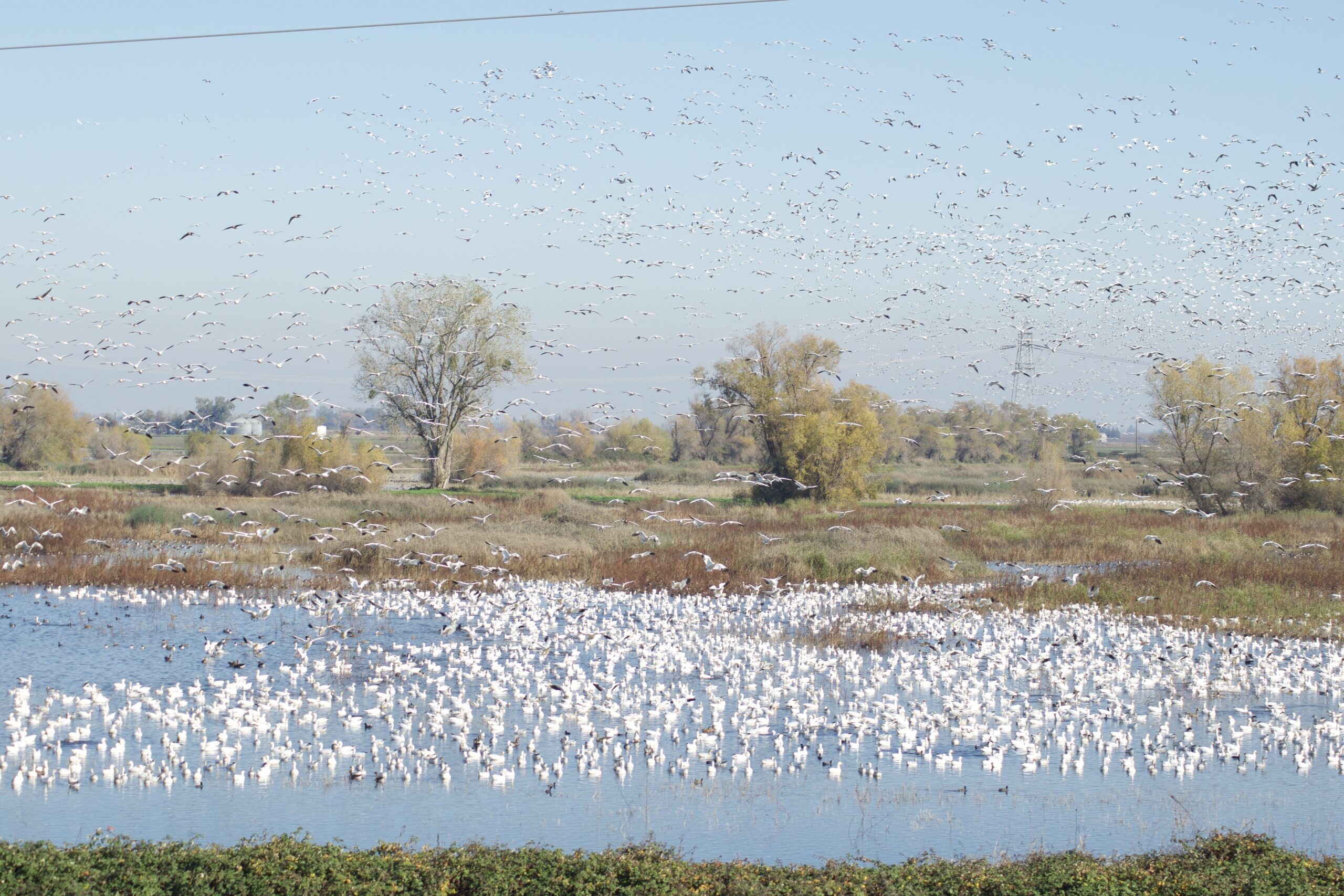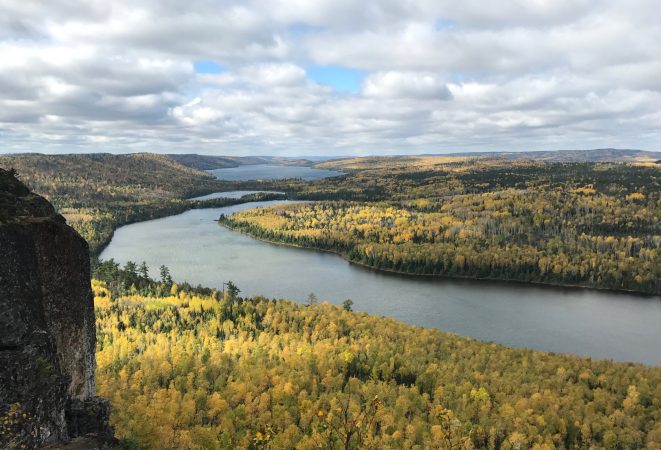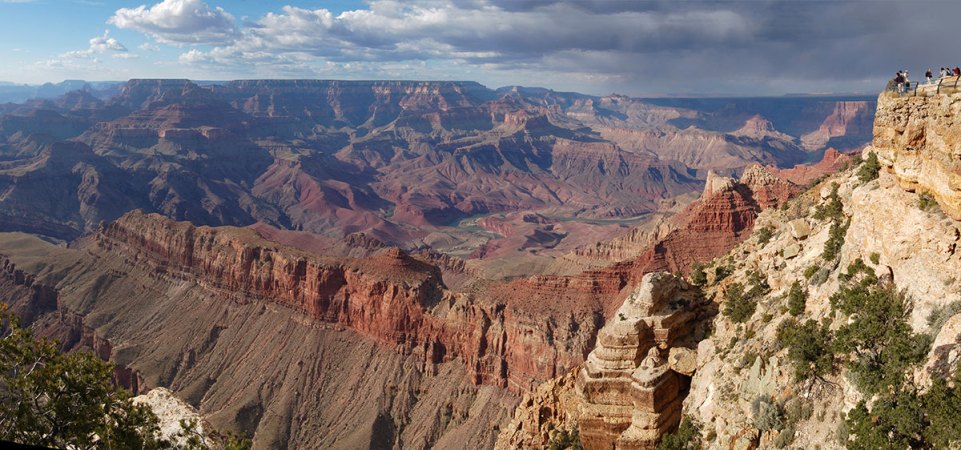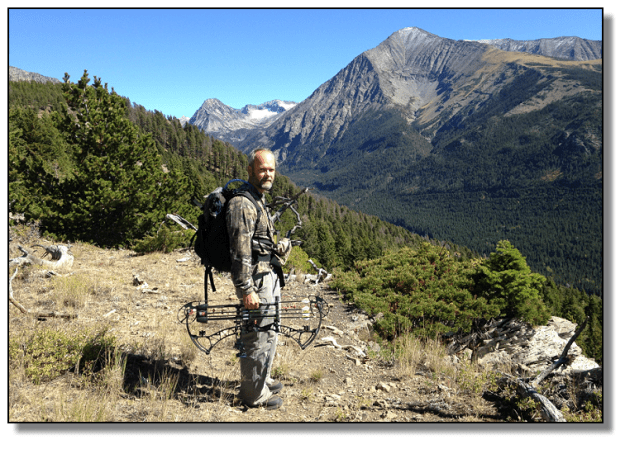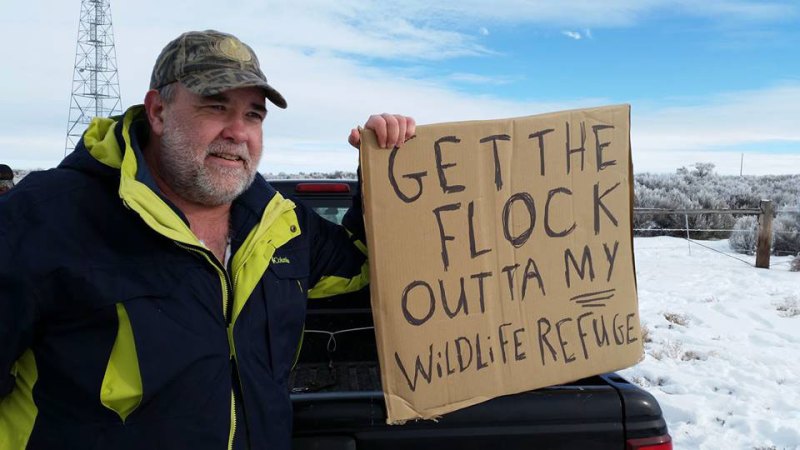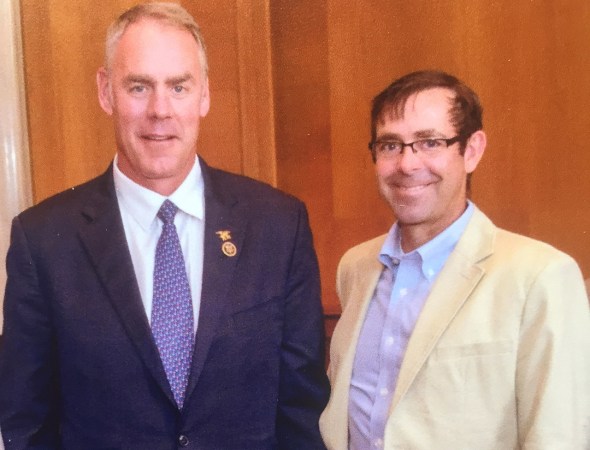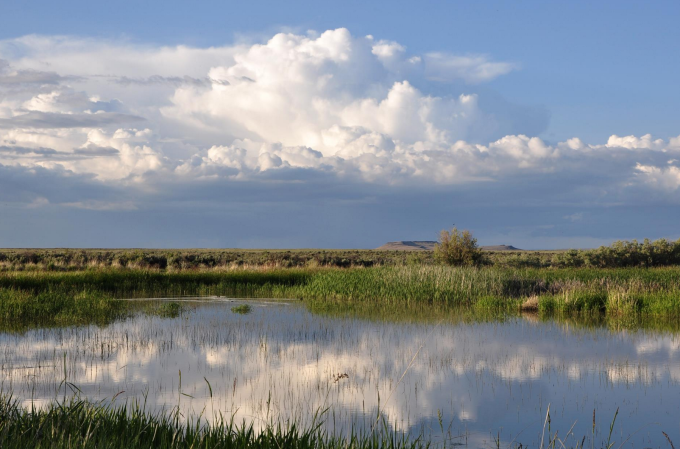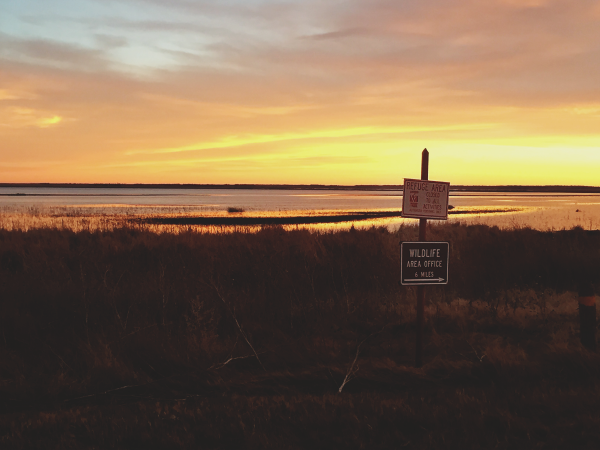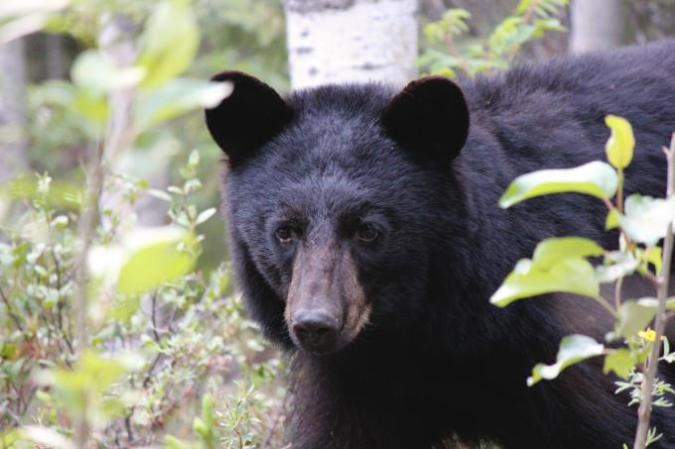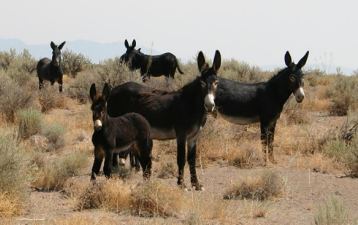A new proposal would expand hunting and fishing access on 54,000 acres of National Wildlife Refuge land, the U.S. Fish and Wildlife Service announced this week. The proposal includes a caveat: Lead shot and fishing tackle would be banned on the newly accessible lands. If the proposal is adopted, a total of 436 NWR units would be open for hunting and another 378 for fishing nationwide.
There are 19 refuges on the list that would open new acres to hunters and anglers, from as far west as Oregon to the east in New York and Maine. According to the USFWS proposal, the earliest lead bans on these units would not begin until fall 2026.
“This proposed rule highlights the administration’s commitment to building on and increasing access for hunters and anglers on lands and waters in the National Wildlife Refuge System,” said USFWS director Martha Williams in the statement.
The statement went on to say: “The best available science … indicates that lead ammunition and tackle may have negative impacts on both wildlife and human health, and that those impacts are more acute for some species. [The proposal] provides a measured approach in not adding to the use of lead on refuge lands. The Service will seek input from partners in methods to address the use of lead and commits to a transparent process in doing so.”
The announcement was met with mixed reactions by the sporting community.
“Access, or the lack thereof, is the No. 1 reason cited by hunters for forgoing time afield,” says Backcountry Hunters and Anglers conservation director John Gale. “Without sufficient access, we would be unable to chase upland birds, hunt ducks and other waterfowl, stalk big game and cast a line for fish. All of our traditions rest on our having the places and the opportunities to pursue them. We appreciate the U.S. Fish and Wildlife Service’s recognition of this one inarguable fact.”
Others worry that the USFWS could potentially ban lead on all federal lands, which is not unprecedented. In 2017, then USFWS director Dan Ashe issued a lead ammo and fishing tackle ban on refuges and in national parks during the final days of the Obama administration. The ban was reversed by former Interior Secretary Ryan Zinke on his first day in office under the Trump administration.
“The proposed lead ban on refuges kicks open the barn door to banning lead ammunition and tackle on all federal land, including national forests, Bureau of Land Management lands, national preserves, and other areas,” the vice president of government affairs for the Sportsmen’s Alliance, Todd Adkins, said in a press release. “It provides a legal basis for radical animal rights and environmental groups to sue the federal government to force additional lead bans. In effect, President Biden is handing extremists a howitzer to fire at the federal government until the use of lead in ammunition and tackle for hunting and fishing is banned everywhere.”
The proposal, Adkins says, was created without consulting the hunters, anglers, and trappers, who pay the lion’s share of conservation funding in the United States.
“BHA encourages sportsmen and women to consider the voluntary use of non-lead ammunition and fishing tackle,” says Gale of BHA, citing a policy statement passed by the organization’s North American board in 2019. “However, we believe that decisions about their use should be made on a case-by-case basis—and that blanket regulations be imposed only when circumstances clearly demand them. We support our wildlife management professionals and will continue to advocate for the best available science as threats to fish and wildlife are evaluated and management decisions are made.”
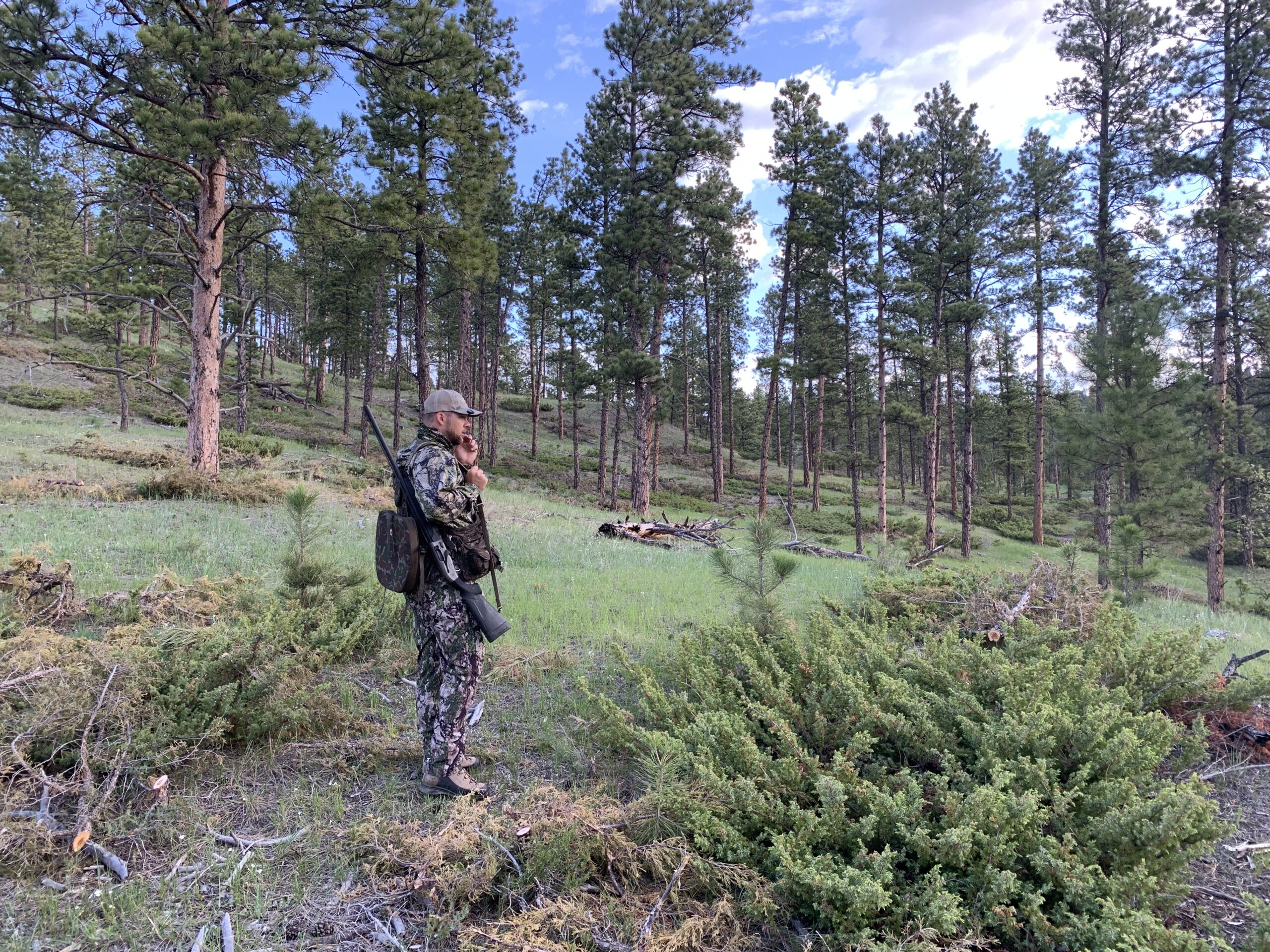
The land versus lead debate appeared in the national conversation when the Center for Biological Diversity sued the USFWS in 2020 for giving more access to outdoorsmen with the expansion of hunting and fishing on 2.3 million acres of NWR land. The CBD suit claimed the USFWS had violated the Endangered Species Act and National Environmental Policy Act by expanding the use of lead ammo and tackle on public lands that are also used by endangered species.
The Biden administration engaged in talks with the CBD possibly, sources say, to avoid litigation. In response, 41 hunting and conservation groups signed a letter to Williams to reject any potential settlement.
In the letter, the conservation groups wrote that “… a settlement would be inconsistent with the Service’s responsibilities under the National Wildlife Refuge System Improvement Act of 1997, which directs the USFWS to prioritize the expansion of hunting and fishing on refuges.”
Twenty seven senate Republicans also wrote Williams in May, urging her not to ban lead after senator Tammy Duckworth (D-Ill.) introduced S. 4175, a bill that, if passed, would make lead illegal on all lands managed by the USFWS.
Read Next: Is USFWS About to Walk Back Its Expansion of Hunting on Federal Land Because of Lead Ammo?
“Policies or actions that reduce or limit sportsmen activities necessarily implicate wildlife conservation programs by affecting state agencies’ revenue,” the Republican senators wrote. In 2021 outdoorsmen and women generated a record $1.5 billion in funding for wildlife and habitat conservation. That money came from excise taxes on hunting, shooting, and fishing equipment. “Phasing-out lead ammo and tackle on wildlife refuges would disproportionately affect lower-income households and those that depend on hunting and fishing for their subsistence as lead alternatives are often more expensive … It is especially concerning that the Service might consider closing refuges without any input from the hunting conservation community or state wildlife agencies.”

